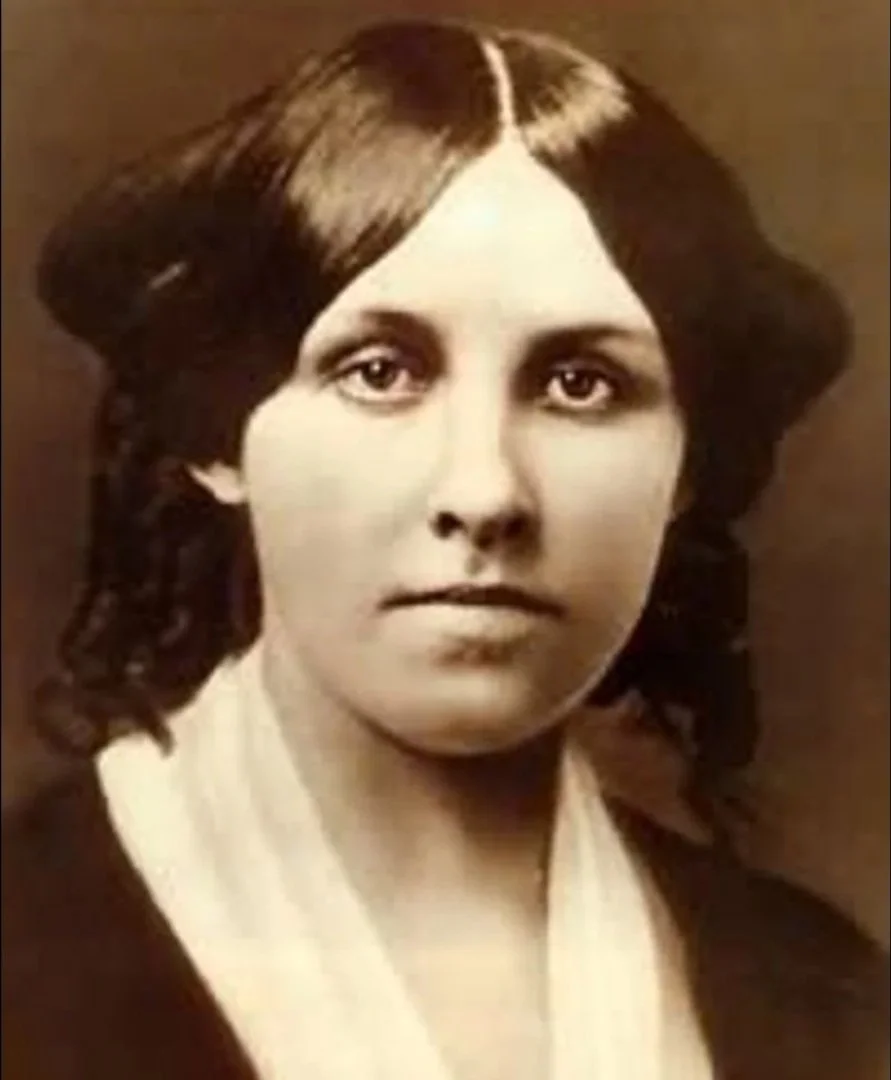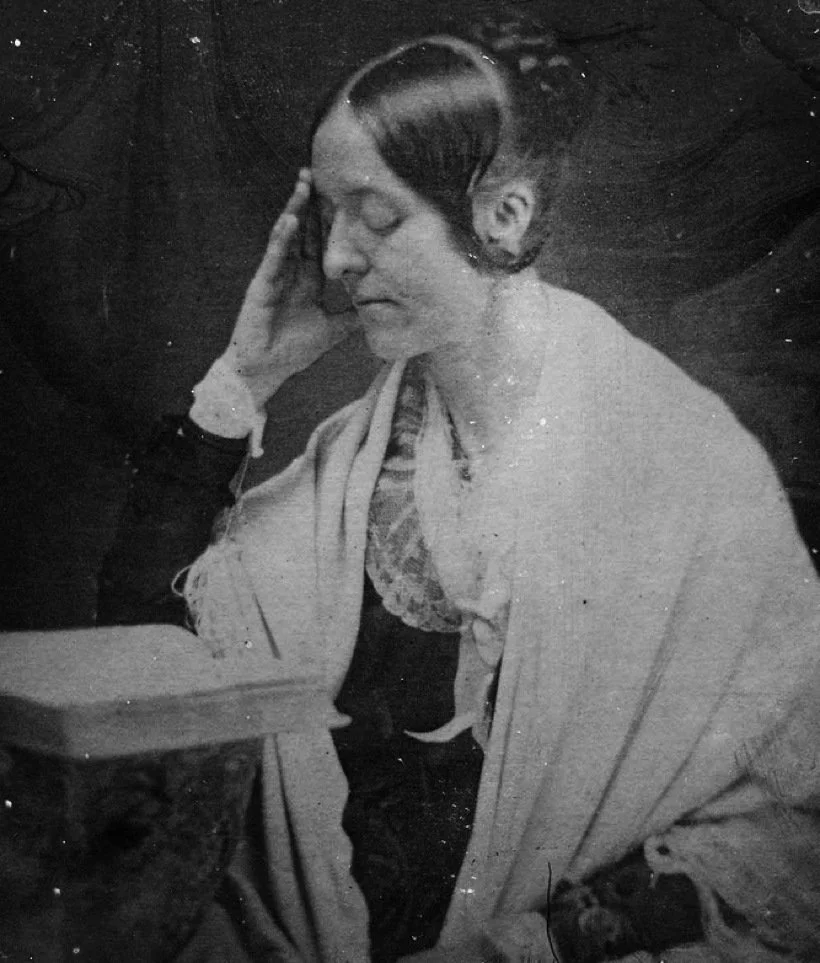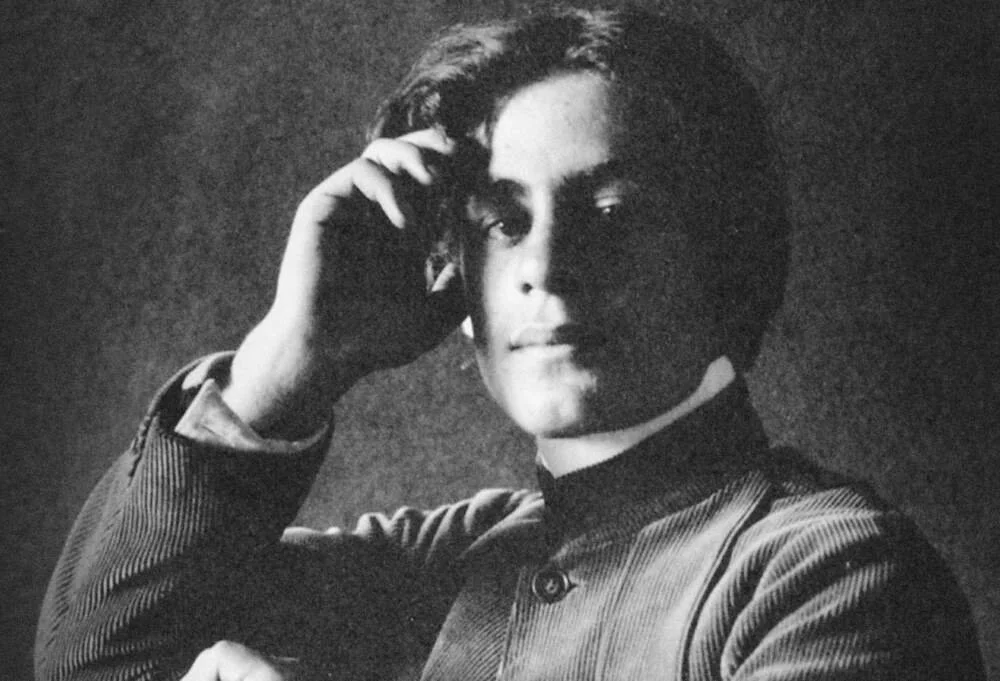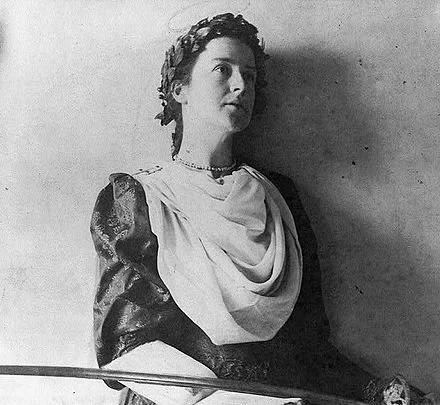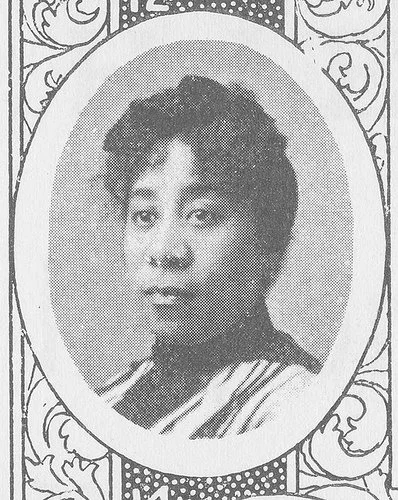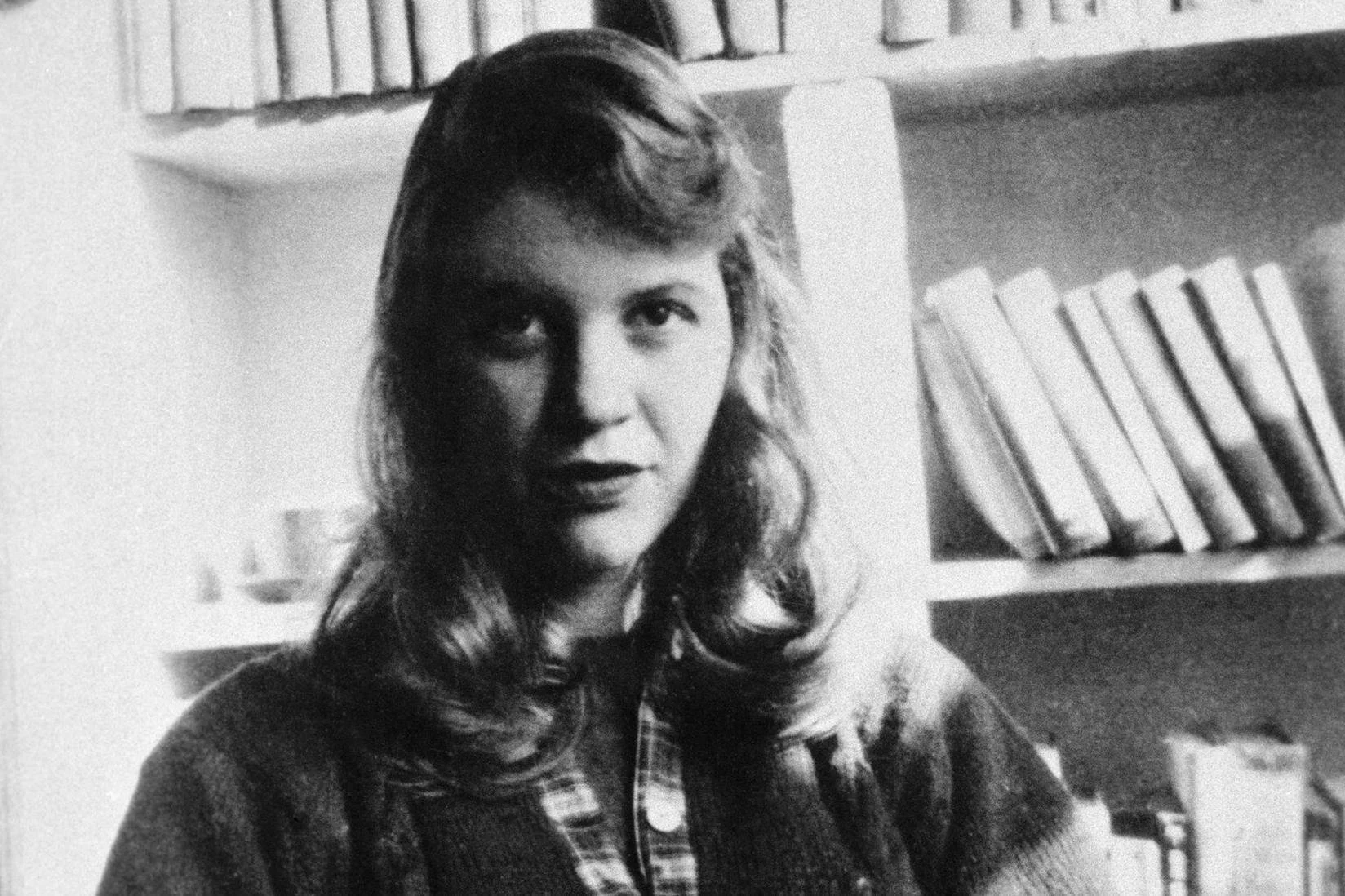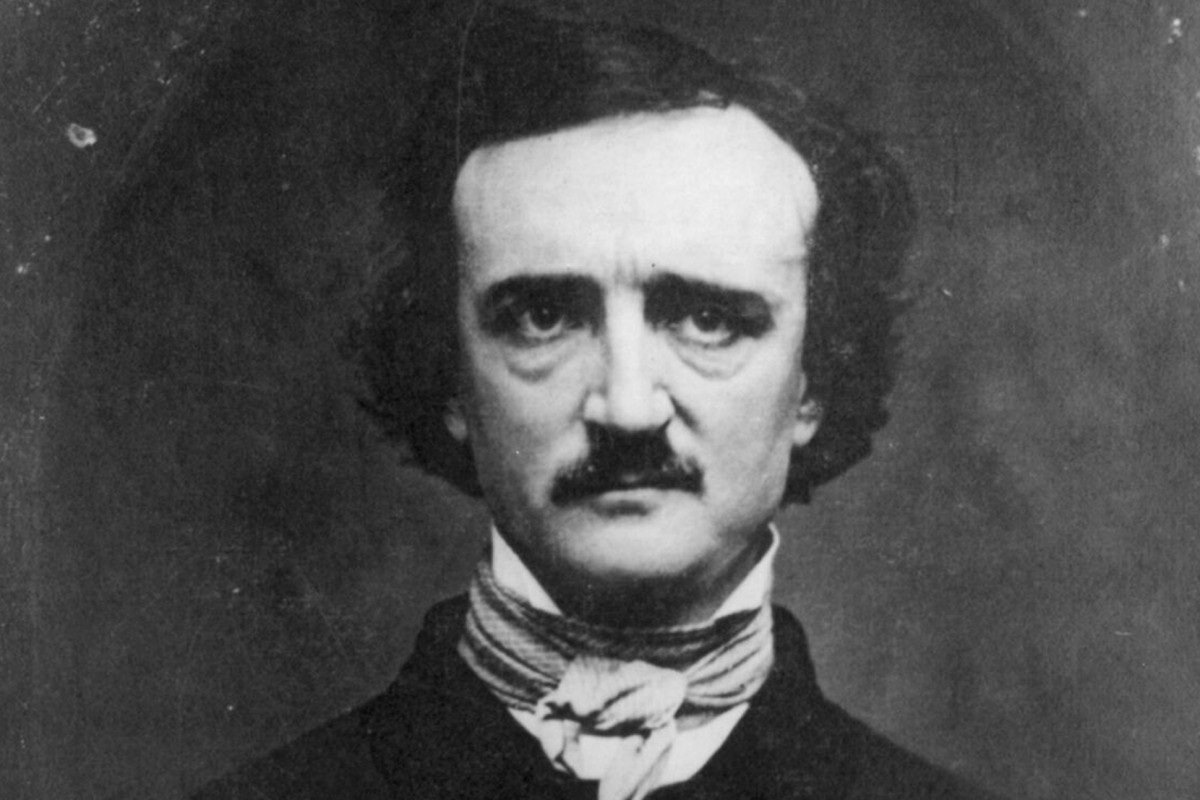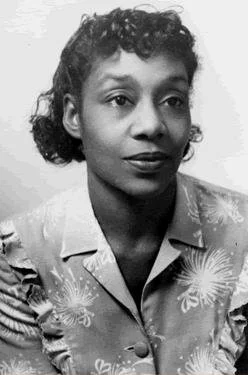
Boston Literary History
People
Louisa May Alcott (1832-1888)
When Louisa May Alcott was 20 in 1852, the Alcott family moved (yet again!) from Concord to Beacon Hill. It was at 20 Pinckney Street when Alcott sold her first story, “The Rival Painters: a Tale of Rome,” and her first novel, Flower Fables. Read more in our article “Four Doors of Pinckney Street: Louisa May Alcott.”
Katharine Lee Bates (1859-1929)
You may have grown up singing “America the Beautiful,” but do you know about the woman behind its words? Local author Clara Silverstein gives us the story behind the interesting life of Katharine Lee Bates — who was also a literature professor, prolific writer, traveler, and mentor. Read more in “Katharine Lee Bates, Poet of ‘America the Beautiful.'“
Anne Bradstreet (1612-1672)
Anne Bradstreet immigrated to the Colonies in 1630 as part of the founding of the Massachusetts Bay Colony, and settled in what was then New Towne, now Cambridge. She is the first published writer in New England, and her collection The Tenth Muse Lately Sprung Up in America gained renown here and in England.
William Wells Brown (1814-1884)
William Wells Brown settled in Boston around the age of twenty after escaping slavery in Kentucky. A prolific writer, working in various genres such as fiction, poetry, travel writing, and playwriting, Brown’s novel Clotel; or, the President’s Daughter (1853) is considered the first novel written by a Black author. He published his autobiography, Narrative of William W. Brown, a Fugitive Slave. Written by Himself, in 1847, which was reworked and republished by his daughter Josephine in 1856 to make sure his story was continual in print.
W.E.B. Du Bois (1868-1963)
W.E.B. Du Bois was the first person of color to receive a Ph.D. from Harvard University in 1895, and lived on Flagg St. (though in a former building on the premises) from 1890 to 1893. He would go on to be one of the foremost authors and intellectuals of the time, and the founder of the NAACP.
Hannah Webster Foster (1758-1840)
Hannah Webster Foster published the novel The Coquette in 1797, based on a scandalous real-life tale. Find out more about the story behind The Coquette, Foster's life and work, and why her novel has endured into the 21th century in our article “Hannah Webster Foster” by Céillie Clark-Keane.
Margaret Fuller (1810-1850)
Margaret Fuller, a writer, host of the Transcendentalist salons, creator of The Dial literary magazine, and the first female war correspondent, lived at the current location of the Cambridge Center for Adult Education from 1831 to 1833.
Kahlil Gibran (1883-1931)
Lebanese-born Kahlil Gibran, author of The Prophet, immigrated to Boston as a child in 1895, where he lived with his mother and siblings in the South End, went to the Boston Public Schools, and studied at the Boston Public Library.
Fanny Goldstein (1895-1961)
Fanny Goldstein was the director of the West End branch of the Boston Public Library from 1922-1957 – the first Jewish woman to direct a BPL branch – and in her time there she curated the second-largest collection of Judaica in the state, founded Jewish Book Week (which became the Jewish Book Council of America), compiled “must-read” lists of Jewish authors, and more. Learn more about her life and literary activism, and the lasting contributions she made to Boston and the world.
Louise Imogen Guiney (1861-1920)
Louise Imogen Guiney was born in Roxbury in 1861 to Irish immigrant parents and lived at one point on literary Pinckney Street. In addition to being a poet “known for her lyrical, Old English-style poems that often recall the literary conventions of seventeenth-century English poetry,” essayist, fairy tale writer, biographer, and more, Guiney was also a cataloguer for the Boston Public Library.
Pauline E. Hopkins (1859-1930)
Pauline E. Hopkins was a prolific writer, publishing four novels (three of which were serialized), short stories (“Talma Gordon” is considered the first mystery written by a Black person), and a musical play (Slaves’ Escape; or, The Underground Railroad), as well as editor of the magazines Colored American Magazine, Voice of the Negro, and New Era Magazine. Born in Maine, she lived most of her life in Boston and Cambridge.
Helene Johnson (1906-1995)
Helene Johnson was born in Boston and raised in Brookline with her cousin Dorothy West, and began to write stories and poetry, winning a contest in the Boston Chronicle. She was also given honorable mention in Opportunity, and published in Vanity Fair. She was once considered one of the best poets of the Harlem Renaissance.
Elizabeth Palmer Peabody (1804-1894)
In 1842, Elizabeth Palmer Peabody opened a bookshop on West St., which was located next to where the Brattle Book Shop is today. It was part bookstore, part publisher, and part literary meeting place. Probably the most well-known group that met there was the Transcendentalists at Margaret Fuller’s salon, and it was also where The Dial, the short-run Transcendentalist literary mag, was published. (Fun fact: Elizabeth’s sister Sophia Peabody married Nathaniel Hawthorne here in 1842.)
Sylvia Plath (1932-1963)
Sylvia Plath (1932-1963), author of The Bell Jar and other works, and husband Ted Hughes, moved to Beacon Hill in 1958, though only stayed a year. However, when she was here, Plath attended Robert Lowell’s poetry course at BU, with fellow classmates Anne Sexton and George Starbuck.
Edgar Allan Poe (1809-1849)
Edgar Allan Poe was born on January 19, 1809 in Boston, just blocks from the Common, where Poe Square sits. He published his first book, entitled Tamerlane and Other Poems, at a publishing house on Washington Street. “The Tell-Tale Heart” was published here, as were some of his last poems.
Yet Poe hated Boston. Read more.
William Monroe Trotter (1872-1934)
William Monroe Trotter was raised in the Boston area, attended Harvard, and was one of the first Black men to be inducted into Phi Beta Kappa. In 1901, he helped found the Boston Literary and Historical Association, and co-founded The Boston Guardian with George W. Forbes, moving the offices in 1907 to the offices of Garrison’s The Liberator. (We highly recommend Black Radical: The Life and Times of William Monroe Trotter by Kerri K. Greenidge.)
Dorothy West (1907-1998)
Dorothy West was born in Boston, and began writing stories at a young age, with her first story published in the Boston Post when she was fourteen. She attended Boston University, and the Colombia School of Journalism. Other writing was published in the Saturday Evening Quill and Opportunity, and she was the first Black author published in the New York Daily News. She wrote two novels in her lifetime – The Living is Easy and The Wedding – as well as a collection of short stories, and began the literary magazine Challenge.
Phillis Wheatley (1753-1784)
Known as the first published African-American poet, Phillis Wheatley was born in Africa and sold into slavery as a child, coming to live with the Wheatley family in Boston. She learned to read and write while with the family, and wrote her first poem, “To the University of Cambridge, in New England,” at age fourteen. Her 1773 book of poetry, Poems on Various Subjects, Religious and Moral brought her renown in the Colonies and in England, as she wrote about contemporary events and people, including George Washington (who invited her to meet after she sent him a poem about him). Her later poems were published in various newspapers and pamphlets, but they were never published during her lifetime.
